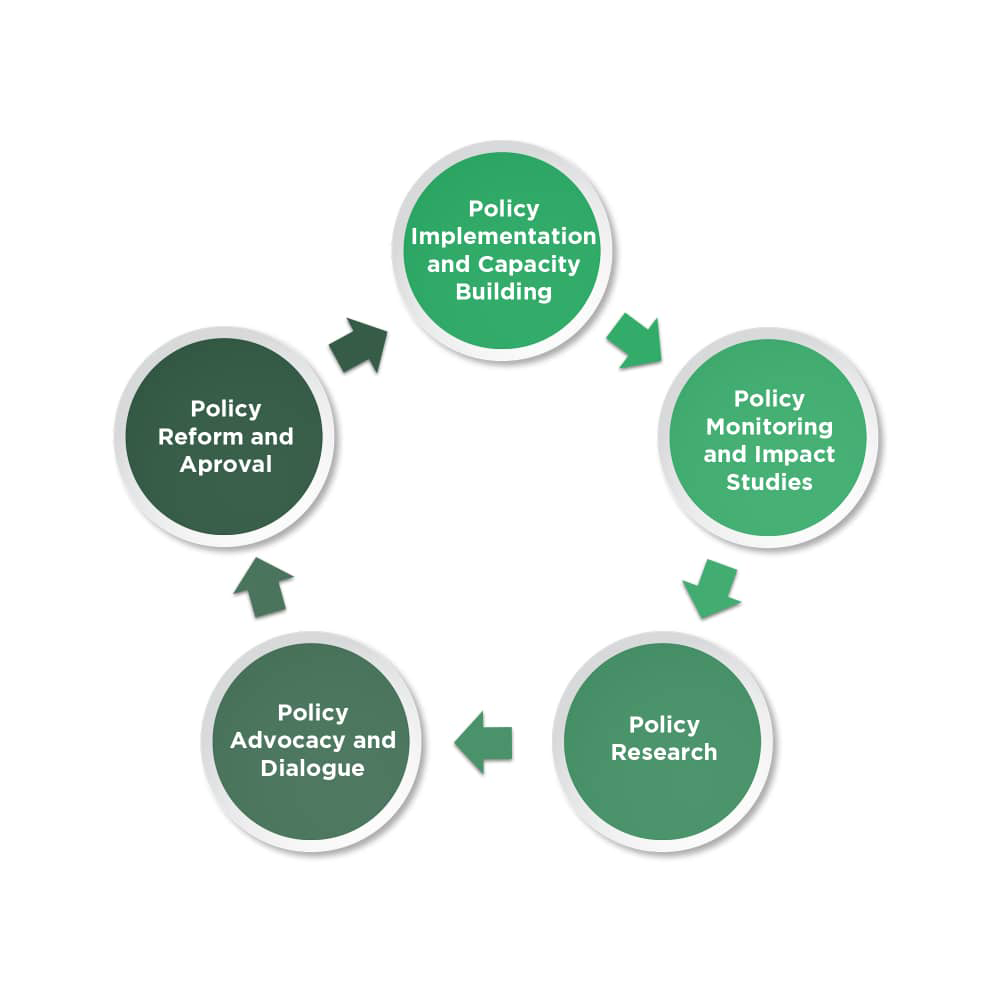ASPIRES is a Tanzanian agricultural policy think tank that supports the Government’s effort to promote evidence-based policy making. ASPIRES stands for “Agricultural Sector Policy and Institutional Reform Strengthening”. ASPIRES in collaboration with Michigan State University (MSU) is implementing a five-year (2020-2024) SERA BORA Project whose objective is to accelerate Tanzania’s adoption of more effective policies and programs to drive broad-based agricultural sector growth, improve household food security and nutrition, and reduce poverty. ASPIRES has been registered by the Registrar of NGOs since May 27, 2016 with registration number 00NGO/08615.
Sustained, transformed agriculture sector supporting a nourished, healthy and productive population.
Translating international best practices in agriculture and food policy into African context for sustainable growth and transformation.
ASPIRES targets to make significant progress towards policy reforms and seeks to accelerate Tanzania’s adoption of more effective policies and programs to drive broad-based agricultural sector growth, improve household food security and nutrition, and reduce poverty.
ASPIRES pursues a systematic approach in supporting policy reforms which entails: Research; Public Debate (policy dialogue); Reforms (amendment or drafting of policy); Approval; Implementation; and Monitoring and Impact Assessment.
ASPIRES integrates broad consultation and outreach into all phases of the research-policy process continuum. It achieves this integration through the following systematic engagement techniques:
Intermediate results of ASPIRES are measured on 6 elements for institutional architecture, namely:

Subscribe to receive updates relating to agricultural research & transformation in Tanzania
© 2020 ASPIRES Tanzania. All Rights Reserved.